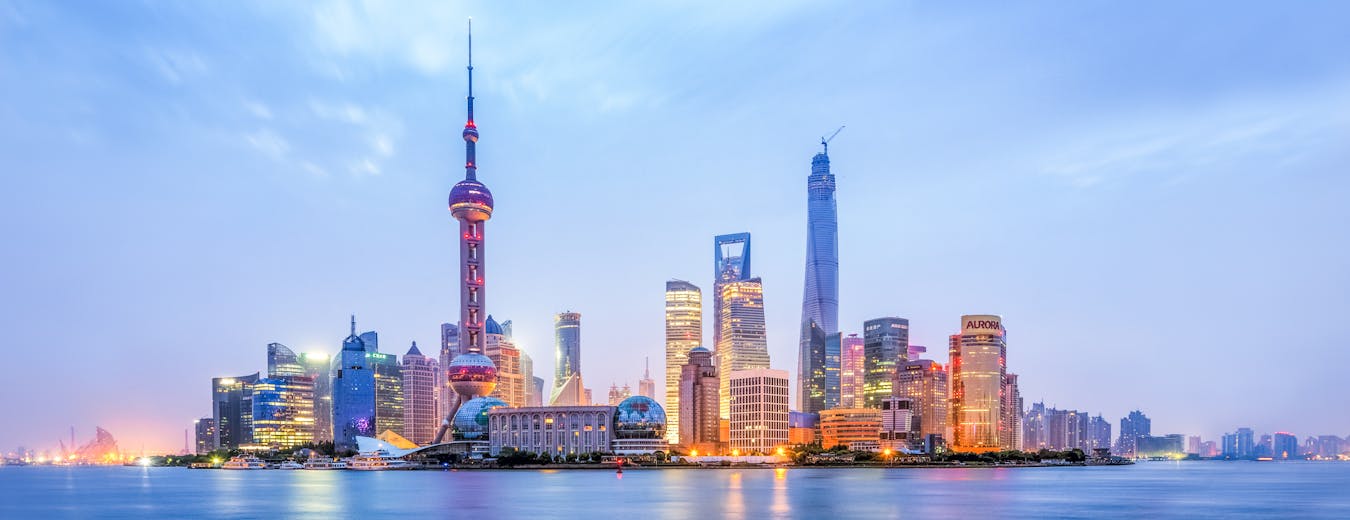
Trouver une offre
Some numbers



The People's Republic of China is ranked regularly among the top three nations - it is the most populous country, with nearly one fifth of the world's population, it is the largest exporter and the second largest economic power. With inflation under control and a managed economy based on five-year plans, China has posted steady growth of around 6 to 7% in recent years.
Source : Country profile Business France
Good to know:
Language Spoken: Mandarin
Local Currency: Yuan
Capital: Beijing
The conditions for undertaking a Business France V.I.E assignment in China
Do you meet the eligibility criteria for the V.I.E program and think you have the right profile?
Then take a look at the assignment conditions imposed by this country:

The conditions for undertaking a Business France V.I.A assignment in China
To go to China as a V.I.A young talent, you must fulfil the access conditions to the V.I.A program.
The administration that is recruiting you is responsible for your residence permit.
Still have questions? Feel free to contact us.
Cultural codes of work in China
Two key concepts govern relations in China - the concept of “face”, which imposes respect for etiquette, values compromise, avoids direct confrontation at all costs and, on the other hand, looking after your network and relations. This is why building relationships of trust is the basis of professional relations with the Chinese. Moreover, you may be surprised to see that in China, friendship and business often go hand in hand, unlike many European countries where you avoid doing business with friends so as not to get into arguments.
Temporality is another point that is a little confusing for the West. The rhythm of negotiations, for example, is marked by a “stop and go” tempo, alternating periods of intense effervescence and dead calm. Similarly, do not be surprised to leave the first meetings with your Chinese colleagues without getting answers to your questions. The first contact is there to allow people to meet and initiate a relationship of trust. So, be patient.
In so far as concerns first impressions, these codes and uses will create a favourable impression on your contacts. Greet your employee with several “nǐ hǎo” (hello) shaking his or her hand at length. Remember to have a business card on you, ideally double-sided English-Chinese, to present it with both hands, while bowing slightly. At the end of the meeting, do not forget to thank your contact by saying “xièxiè”.
Things that may surprise you in China
- This may seem obvious but you must at all times be aware of the change in scale that China represents. Here, absolute values are multiplied by 10, by 100, sometimes even much more. China is 18 times the size of France, 1/5th of the world's population. A country that has almost fifteen cities with over 4 million inhabitants. That’s why it is definitely more accurate to talk about markets rather than the Chinese market !
- Forget the Made in China clichés. Today, we’re talking more about “Created in China” - namely, that China is rising in all business sectors, from tech and healthcare, to agri-food and ready-to-wear. Chinese consumers are also increasingly demanding and sensitive to quality, healthy and environmentally friendly products.
- China is very advanced in terms of new technologies and places them at the heart of the daily lives of its inhabitants. You do your shopping on Tmall or JD.com, travel with Didi Chuxing and consume on WeChat or AlyPay. As you can see, this is where the technologies and distribution platforms of tomorrow are invented.
- What secrets hide behind the Chinese power of innovation? The first is adaptability - as new products or services are often launched without a legal framework, market production and experimentation are almost immediate. The second is the iteration principle made possible by the fact that the Chinese like to test new products, which allows companies to get quick feedback and adapt their strategy.


